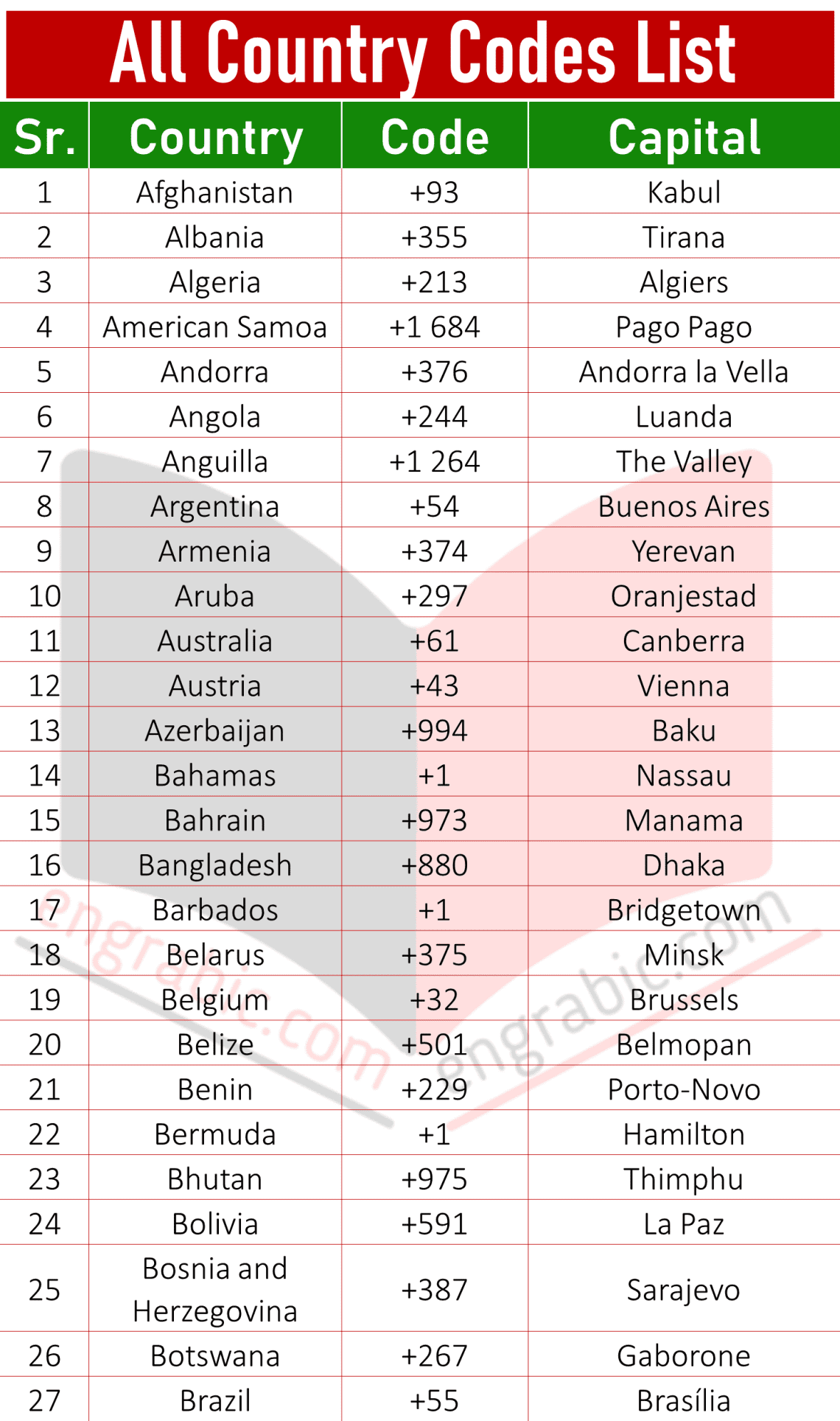When planning a trip or considering a move to another country, understanding international codes can be incredibly helpful. One such code that often comes up in discussions is the 63 code. This guide aims to demystify what this code represents and why it might be relevant to travelers and expats alike.
Whether you're dealing with phone numbers, legal documents, or even scammers trying to exploit your lack of knowledge, knowing about country codes like 63 can save you time, money, and potential headaches. Let's delve into the details of which country uses the 63 code and how it impacts various aspects of communication and travel.
Understanding Country Code Prefixes in SIP Networks
In the realm of Voice over Internet Protocol (VoIP) technology, the use of country codes becomes crucial for setting up local networks. For instance, when configuring a SIP URL, users may encounter issues related to the inclusion of a specific country code prefix, such as +63. This prefix corresponds to the Philippines' country code. If a client VOIP device attempts to register with this prefix embedded in its SIP URL, it can lead to errors like Endpoint ‘anonymous’ has no configured AORs. Such errors occur because the system cannot correctly identify the endpoint due to unexpected formatting.
To resolve these issues within Asterisk or FreePBX systems, administrators must adjust settings internally rather than relying on client-side modifications. Since altering the SIP account settings directly on many devices isn't feasible, server-side configurations become essential. By modifying parameters at the Asterisk level, administrators can strip unwanted prefixes before processing registration requests, ensuring smoother operations across the network.
This technical adjustment not only enhances compatibility but also improves security by reducing exposure to unauthorized access points. Understanding these nuances helps IT professionals maintain robust VoIP infrastructures while accommodating diverse international requirements effectively.
Legislative Frameworks and Their Numeric Significance
Numbers often hold significant meaning within legislative frameworks, serving as identifiers for different statutes and regulations. In North Dakota, for example, Title 63 pertains specifically to weed management laws under Chapter 63-01, focusing on the destruction of noxious weeds. Similarly, South Carolina employs Title 63 to designate its Children's Code, highlighting the importance of numerical organization in categorizing complex legal topics.
These numeric designations facilitate easier navigation through voluminous legislative texts, allowing lawmakers, lawyers, and citizens alike to quickly locate relevant sections. Moreover, they contribute towards maintaining consistency across jurisdictions, enabling comparisons between similar legislation enacted in other states or countries. Thus, understanding the context behind seemingly arbitrary numbers like 63 provides valuable insights into governmental structures and their operational methodologies.
As we explore further applications of number-based classifications, recognizing their roles in shaping policy-making processes underscores the necessity of adopting standardized systems globally. Whether addressing agricultural concerns or safeguarding children's rights, well-organized codes streamline administrative functions significantly.
Guarding Against Scams Originating from Overseas
With advancements in telecommunications, individuals worldwide are increasingly exposed to fraudulent activities originating from distant locales. One prevalent scam involves text messages sent using the +63 country code, attributed to the Philippines. These messages typically impersonate legitimate entities such as the USPS or DMV, demanding immediate payments for fabricated reasons like releasing parcels or settling overdue fines.
Recipients should exercise caution upon receiving unsolicited communications bearing unfamiliar country codes. Genuine organizations rarely initiate contact via SMS unless explicitly requested by the customer beforehand. Furthermore, scrutinizing provided URLs reveals telltale signs of phishing attempts, including nonsensical characters or suspicious domain names. Educating oneself about common tactics employed by cybercriminals empowers individuals to protect personal information more effectively.
Sharing awareness regarding emerging scams plays a critical role in minimizing victimization rates. Encouraging friends and family members, especially older adults who might be less tech-savvy, to remain vigilant against deceptive practices strengthens collective defenses against global fraud networks. Staying informed remains the best defense against falling prey to such schemes.

